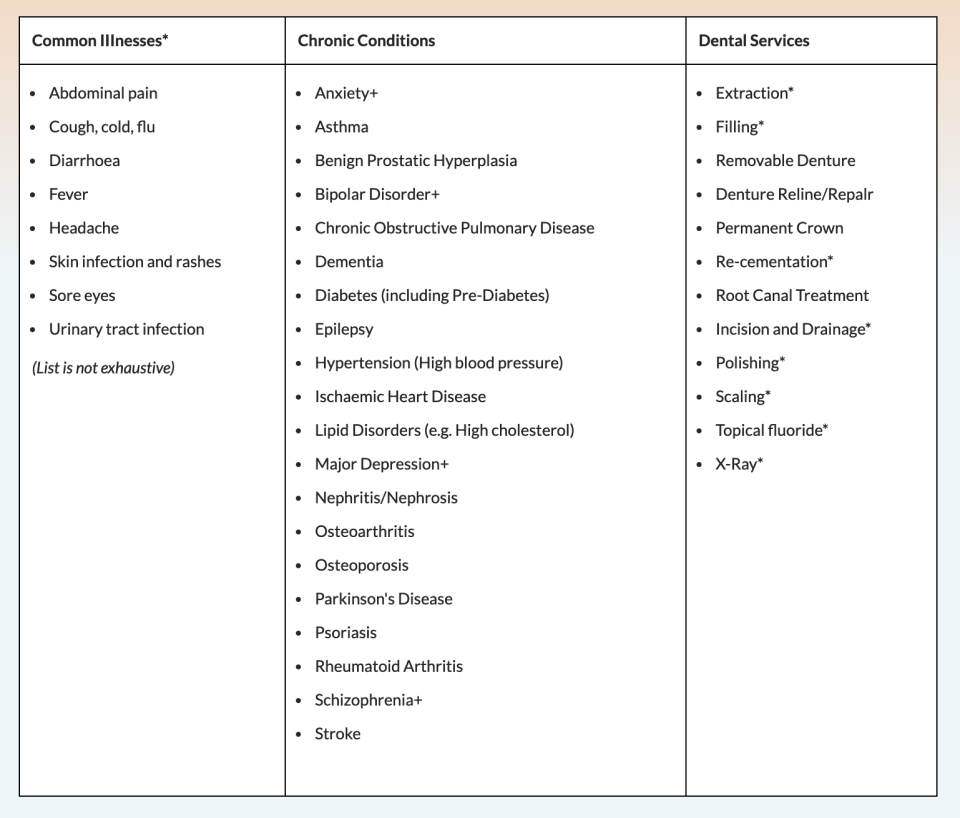Budget 2019: $5.1B to be set aside for long-term care of Singaporeans

The government will set aside another $3.1 billion towards the long-term care of Singaporeans in the form of premium subsidies and other types of support.
This is on top of $2 billion that was earmarked last year, said Finance Minister Heng Swee Keat in his Budget 2019 speech on Monday (18 February).
The $5.1 billion will be put into the new Long-Term Care Support Fund to help fund the CareShield Life subsidies and other long-term care support measures, such as the upcoming ElderFund.
He noted that one in two healthy Singaporeans aged 65 could become severely disabled in their lifetime, and may need long-term care, according to the Ministry of Health (MOH) estimates.
“The cost of long-term care is not only high, but will also increase as our population ages,” said Heng.
CareShield Life, an enhancement of the current ElderShield scheme, will be rolled out from 2020. It will provide higher payouts of at least $600 per month for those who become severely disabled.
Participation incentives will be offered for those born in 1979 or earlier to join CareShield Life.
ElderFund will also be rolled out in 2020 to help severely disabled, lower-income Singaporeans who require additional financial assistance for long-term care. This will include those who might not be able to join CareShield Life or have low MediSave balances.
Changes to CHAS scheme
The government also expects to pay out more than $200 million a year in Community Health Assist Scheme (CHAS) subsidies, said Heng.
In 2017, close to 650,000 Singaporeans received about $154 million in CHAS subsidies.
Additionally, the MOH will look at how to help CHAS clinics better track their patients’ progress and outcomes, he added.
The ministry will also review its clinical guidelines for care provided at CHAS dental clinics.
Heng said that lower- to middle-income Singaporeans who are CHAS Orange Health Assist cardholders will receive subsidies for common illnesses, on top of those for chronic conditions.

Subsidies for complex chronic conditions will also be increased, said Heng.
Previously announced by Prime Minister Lee Hsien Loong at last year’s National Day Rally, the scheme will also be extended to all Singaporeans with chronic conditions regardless of income.

More information on the enhancements to the CHAS scheme will be provided by the MOH at the upcoming Committee of Supply debate.
Introduced in 2012, the healthcare scheme entitles eligible middle and lower income Singaporeans to receive subsidies for medical and dental care at more than 1,000 participating General Practitioners (GPs) and 700 dental clinics.
There are currently about 1.3 million CHAS cardholders.
CHAS covers subsidies for households with a monthly income of $1,800 and below per person. For households with no income, the Annual Value (AV) of their homes must be $21,000 and below.
All older citizens under the Pioneer Generation scheme also receive CHAS subsidies for the same range of services.
Those eligible for the Merdeka Generation package will receive special CHAS subsidies that are higher than the Blue Health Assist card subsidies, said Heng on Monday.
More stories on Budget 2019 here.
Our live blog:
Singapore Finance Minister Heng set to unveil Budget 2019
Related story:
NDR 2018: CHAS extended to all Singaporeans with chronic conditions

 Yahoo Finance
Yahoo Finance 